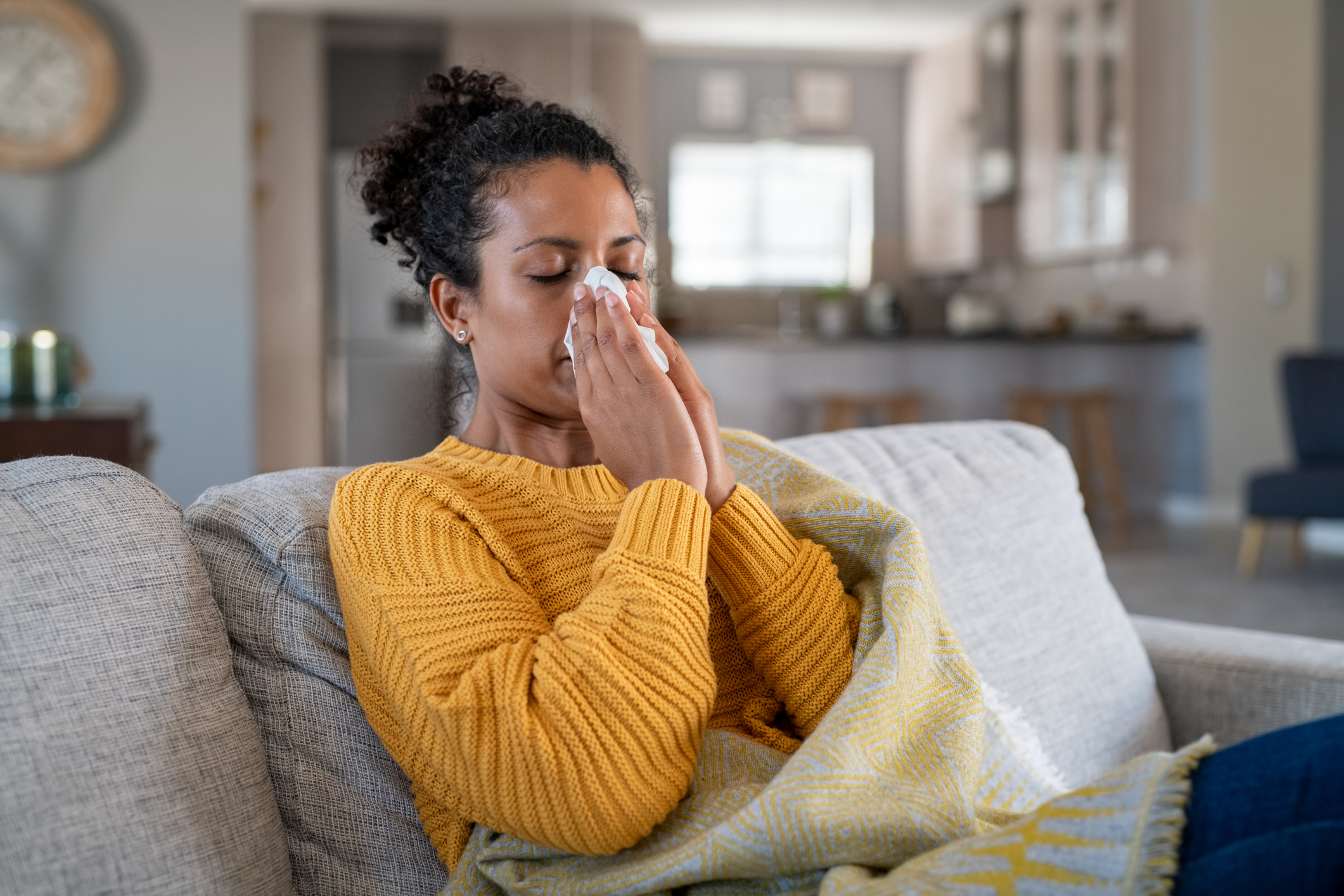Author: Lindsey Ulrich

"The most important thing to do when you are not feeling well is to stay home so you are not spreading illnesses to others."
Whether you call it the stomach flu, or more accurately, gastroenteritis, this contagious infection is no fun. Gastroenteritis is commonly referred to as a “flu,” so it’s easy to confuse it with influenza, but the two illnesses are not the same.
There are two main types of influenza (flu) viruses: types A and B. These viruses are a respiratory illness that affects the nose, throat, and lungs. Flu viruses spread mainly from droplets made when people cough, sneeze, or talk.
Flu symptoms may include fever, chills, fatigue, cough, sore throat, runny nose/congestion, body aches, and occasionally, vomiting and diarrhea. Symptoms typically resolve between three and seven days.
“The most important thing to do when you are not feeling well is to stay home so that you are not spreading illnesses to others,” said Emily Smith, DO, primary care physician at McLaren Greater Lansing Primary Care in Okemos. “Flu vaccines are recommended yearly and have been shown to reduce flu related illnesses and complications.”
Norovirus, which causes gastroenteritis and is often called the stomach flu, is not caused by the influenza virus and is not a flu at all. It can spread very easily and quickly from infected people or through contaminated foods and surfaces.
from infected people or through contaminated foods and surfaces.
“Norovirus causes common gastrointestinal symptoms including nausea, vomiting, diarrhea, and abdominal discomfort that typically last one to two days,” said Dr. Smith. “Some people also complain of fever, chills, headache, and muscle aches that are similar to influenza.”
Both influenza and norovirus can spread fast and lead to extreme illnesses for some. Dr. Smith recommends proper hand hygiene, along with covering your coughs and sneezes, to help protect yourself and those around you.
“Use running water and soap for 20 seconds (for example, as long as singing the happy birthday song), and then rinse and use a clean paper towel or cloth towel to dry. Use hand sanitizer if hand-washing is unavailable, with at least 60% alcohol, and rub it in your hands until completely dry,” said Dr. Smith.
For questions or to schedule an appointment with Dr. Smith, click here.
For a list of primary care providers accepting new patients, click here.